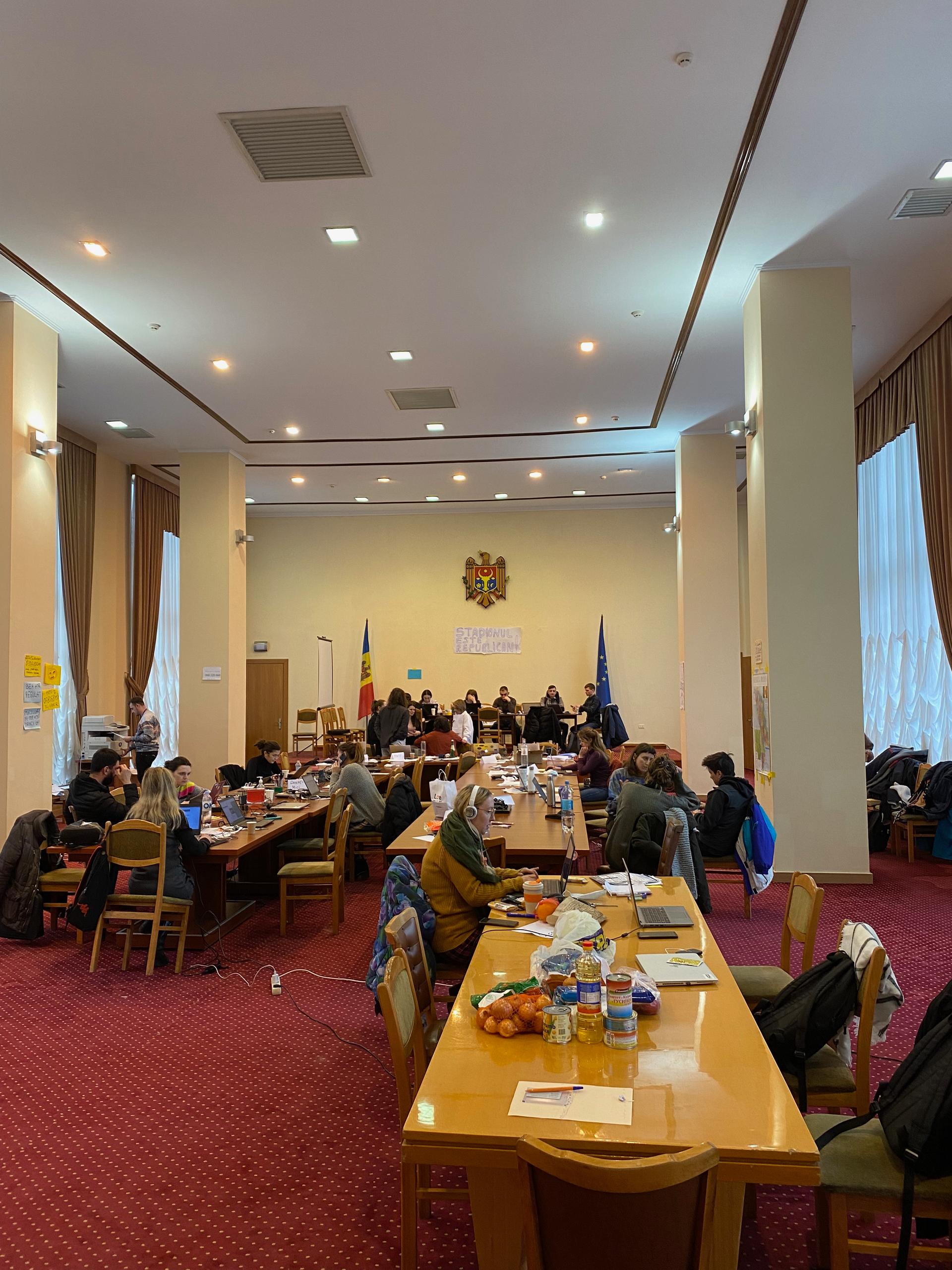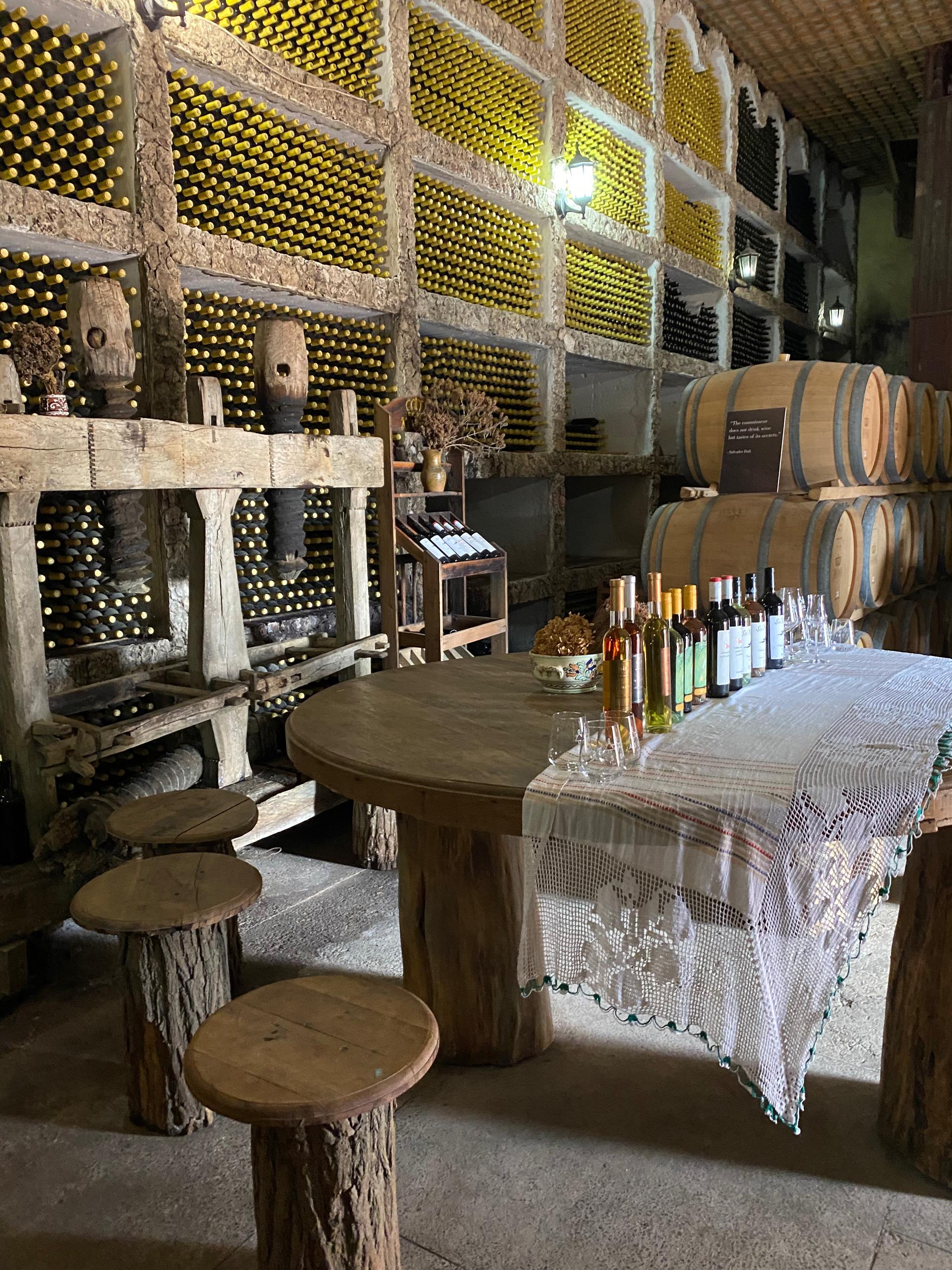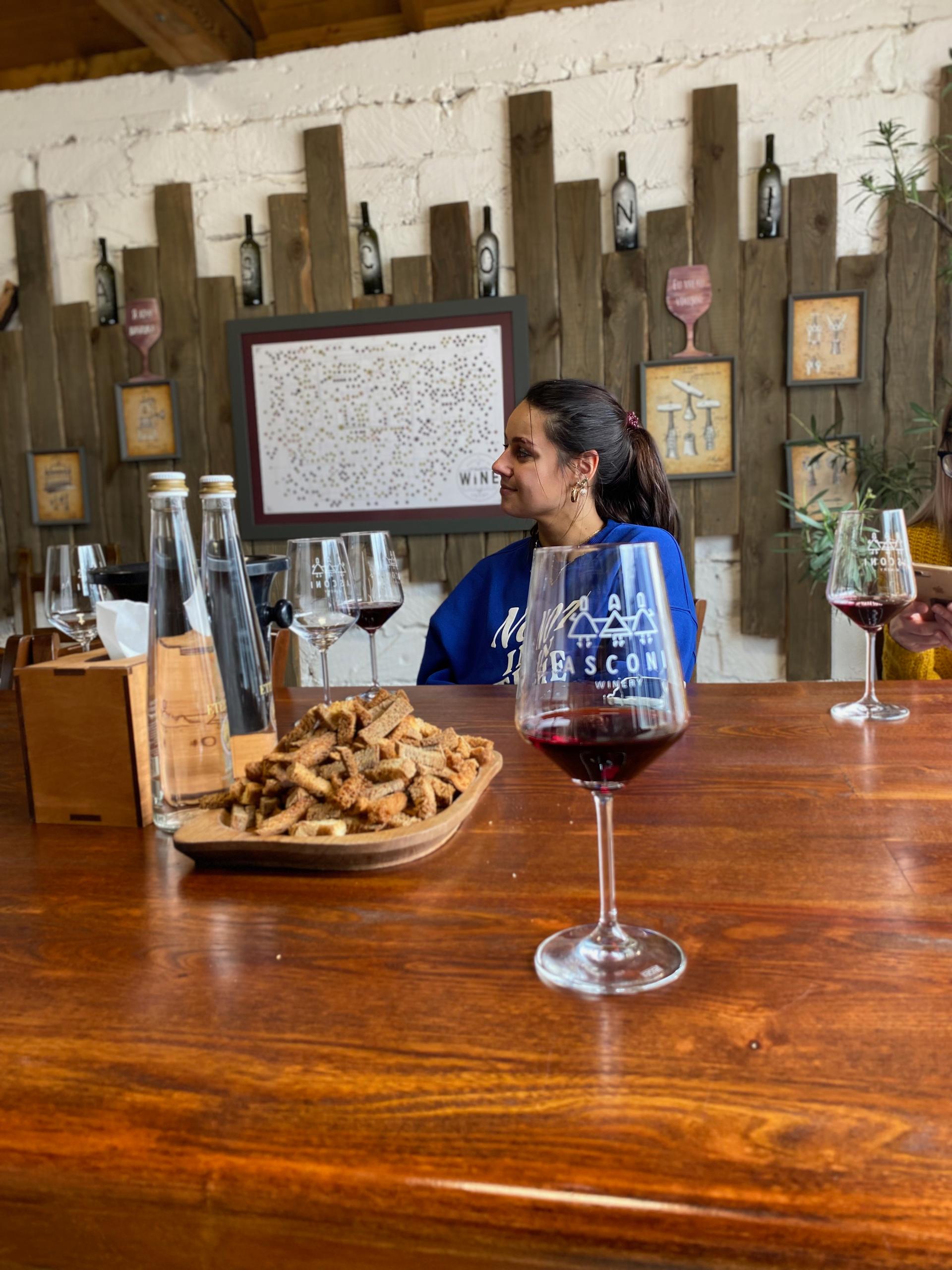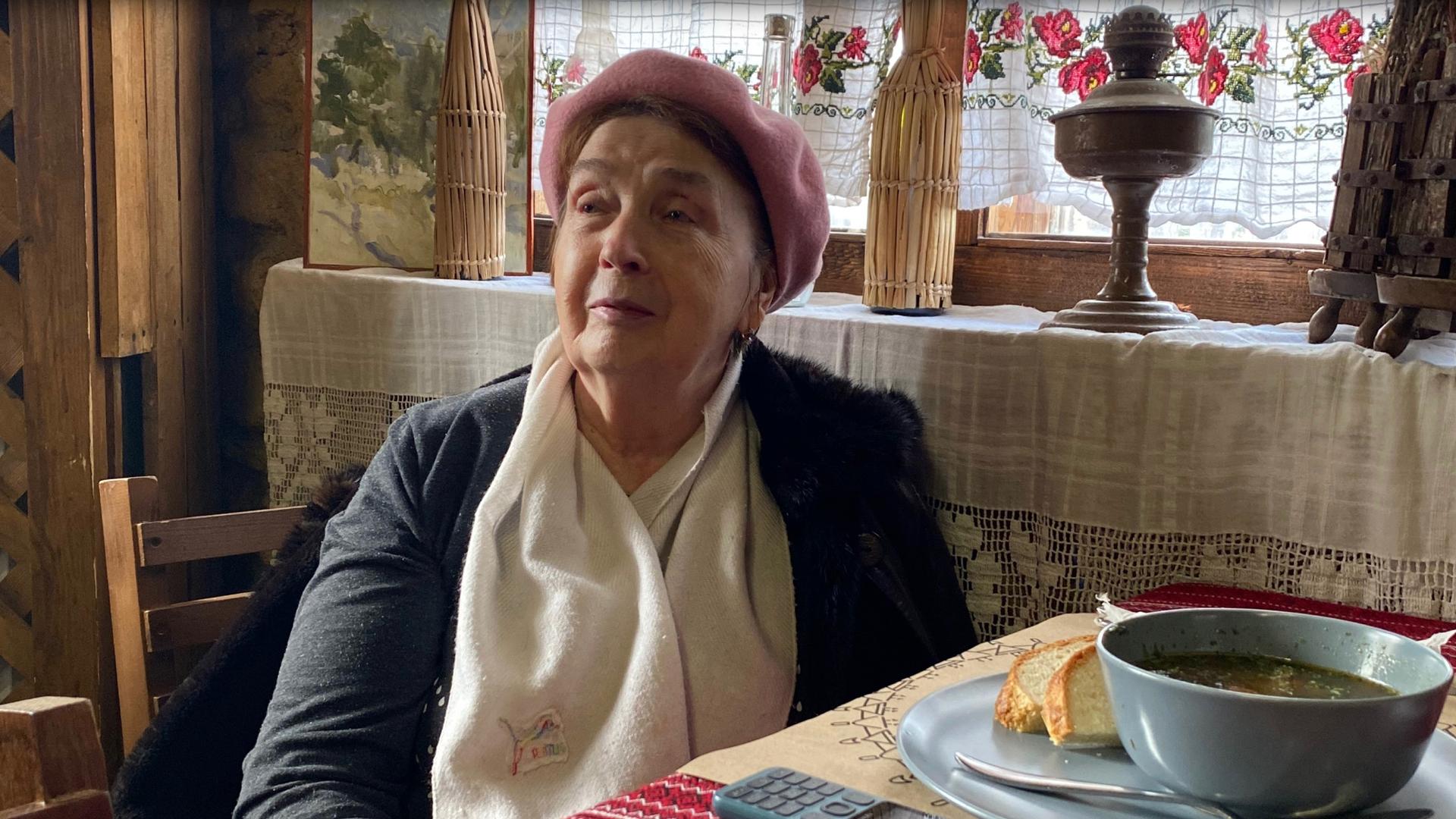The Piata Centrala open-air market in Chisinau, Moldova, is typically a lively place to haggle for the best deals on a dizzying array of produce. But these days, shoppers are feeling the pinch.
Russian-speaking pensioner Larisa Madan, who is strongly against the war in Ukraine, casts a wary eye over the stalls.
“We were importing wheat and buckwheat from Ukraine. Because of the war right now, prices are very high,” Madan, 70, said. “Someone is taking advantage of the situation.”
“We were importing wheat and buckwheat from Ukraine. Because of the war right now, prices are very high,” Madan, 70, said. “Someone is taking advantage of the situation.”
Related: Many Moldovans are wary of their proximity to the conflict in Ukraine
The small, post-Soviet state of Moldova, on the southwestern border of Ukraine, is not directly involved in the war next door. But Moldovans are already feeling the impact of Russia’s invasion. Thousands of Ukrainian refugees have crossed into Moldova. Most are moving further west, into the European Union member state of Romania and beyond.
But the refugee crisis, the disruption of trade in the region, along with rising inflation for food and energy, present some serious challenges for Moldova’s economy.
Moldova is one of Europe’s poorest countries, with the average monthly salary hovering around $400, and prices on food and gas skyrocketing — with the war compounding other ongoing problems.
Additionally, Moldova is among a handful of countries that are the most vulnerable to disruptions of wheat exports from Ukraine, according to the World Bank. (Ukraine and Russia are the world’s largest exporters of wheat.)
But it’s not just food that Moldova has to worry about, according to former Deputy Foreign Minister Iulian Groza.
“Energy security for us is crucial. We have a dependency on Russian supply of gas,” Groza said. “Next month, we are not sure if we will have electricity to buy.”
Related: Echoing WWII rescue efforts, ethnic Russian researchers in the US support Ukrainian scholars
Moldova has historically relied completely on natural gas from Russia. Gazprom, Russia’s state-owned gas giant, has raised gas prices and threatened to cut supplies to Moldova. The company’s contract with Moldova has also been in limbo. Many see the actions as the Kremlin cracking down on Moldova for its pro-European Union ambitions.

In October, Moldova bought a billion cubic meters of natural gas from Poland.
Groza, who now runs the Institute for Strategic Initiatives think tank, said that Moldova’s allies should urgently help.
“The first demand would be to make available 2 or 3 billion cubic meters of liquid natural gas for Moldova,” he said. “This is not something huge in terms of [the] amount for US exporters, but for us, it’s everything.”
On top of that, Moldova is also managing an acute humanitarian challenge. The country of 2.5 million people has seen nearly 350,000 refugees from Ukraine enter since the war began. And more than a quarter of them have stayed.
On Sunday, the US Embassy in Moldova announced a provision of over $30 million to help the tiny, former Soviet state with the humanitarian efforts underway. The EU has also pledged to provide more assistance.
Related: Russians and Ukrainians attempt to flee to the US through Mexico
In a government building, volunteers from civil society, like Cristina Sirbu, coordinate the efforts to streamline all the services for refugees. She said that about three-quarters of the new arrivals are hosted in private homes.
“Here in Moldova, you will not find refugee camps, all the people who come are offered shelter. It might not be the best conditions, but they don’t stay in tents outside. For a small country like ours, this is a remarkable effort.”
“Here in Moldova, you will not find refugee camps, all the people who come are offered shelter. It might not be the best conditions, but they don’t stay in tents outside. For a small country like ours, this is a remarkable effort.”
Volunteers, tapping away at laptops, manage transport, accommodation, medical support and donations. But despite an initial surge of help at the onset of the war, Cristina Sirbu, 25, is concerned about the future.
“In the first week, there [was] a huge amount of donations from individuals. Our warehouses were full. But three weeks later, the number of donations from individuals has diminished,” Cristina Sirbu said. “We need to think about long-term strategies of housing and integration and to facilitate their departure for European countries where these mechanisms are already in place, though it’s their choice to stay.”
Moldovan businesses have also been stepping up, even those badly affected by the turmoil.
Related: ‘I have a need’: How Zelenskiy’s plea to Congress emphasized shared identity with the US
Wine is one of the country’s top exports, selling $170 million worth last year. Around 4% of this bucolic country is covered by vineyards, like the Asconi Winery, which is a half-hour’s drive south of Chisinau.

“From the tourism side, we represent the heritage, the traditional Moldova.” said Mihaela Sirbu (no relation to Cristina Sirbu), whose family runs the business. “And from the wine production side, the modern Moldova that wants to be part of the EU, not an ex-Soviet Union country.”
Unlike most other winemakers here, Asconi stopped exporting to Russia years ago to insulate themselves from Moscow’s frequent trade disruptions, which over the years, has included sudden import bans on wine and fruit, Mihaela Sirbu said.

Asconi managed to expand its markets to Asia and Africa, Mihaela Sirbu said, but 70% of its exports went through the Ukrainian port of Odessa, which is now blockaded by Russian warships. Several containers full of wine are stuck there.
In the meantime, Mihaela Sirbu said that they can export through Romania, but at greater time and expense.
Mihaela Sirbu gestured to thatched cottages made from clay and bricks, the interiors decorated with traditional carpets and old pots. Normally, they would be occupied by tourists — Asconi received 100,000 last year — many from Ukraine, she said.
But now, most of those tourists have become refugees, several dozen of whom the winery has offered to host for free.
“We cannot imagine what it’s like to be in their shoes, and we don’t want to imagine. Our conscience does not allow us to take money off these people. We want to invite them back as tourists to drink some wine when this is all over.”
“We cannot imagine what it’s like to be in their shoes, and we don’t want to imagine. Our conscience does not allow us to take money off these people,” Mihaela Sirbu said. “We want to invite them back as tourists to drink some wine when this is all over.”
In the winery’s restaurant, Ukrainian refugee Natalya, who only gave her first name, and is staying at Asconi with her husband and daughter-in-law, huddled over a steaming plate of soup and grilled meat.
“We feel here like we are on holiday here,” Natalya, 70, said. “We are beyond thankful.”
At the same time though, she constantly worries for her son fighting back in Ukraine.
The retired epidemiologist from Odessa has high praise for her hosts, who serve three meals a day and provide a doctor when needed.
“We hear [Russian President Vladimir] Putin say that Ukrainians and Russians are brothers, but brothers don’t kill each other. In Moldova, we see who our real friends are.”
We want to hear your feedback so we can keep improving our website, theworld.org. Please fill out this quick survey and let us know your thoughts (your answers will be anonymous). Thanks for your time!
